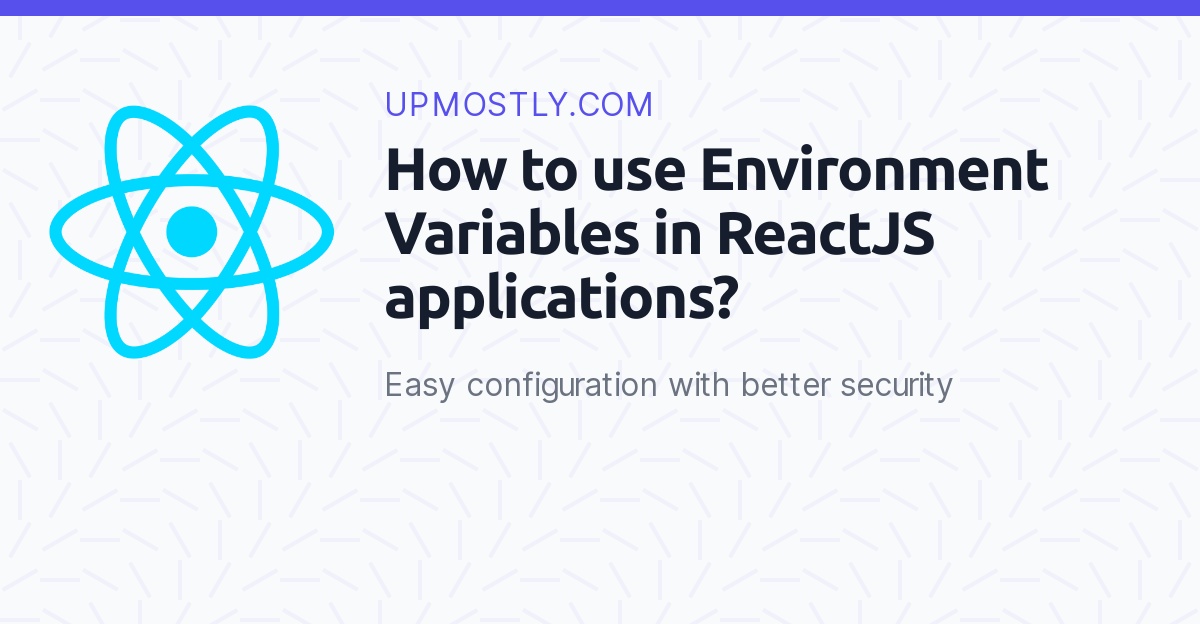Compiling Java Code without Main Method
It is possible to compile Java code without having a main() method defined. The Java compiler ([code]javac[/code]) will still compile the code into .class files even if the classes being compiled don’t contain a main() method. This is because the main() method is only required when a Java program is being executed, not when it is being compiled. When the Java compiler processes source code files, it analyzes and compiles each class individually. The compiler checks the syntax and structure of each class to generate the corresponding .class file. It does not check for or require the presence of a main() method during this compile step. Classes in Java can be designed and compiled to be used as libraries by other programs, without needing execution themselves. So code is able to be compiled without main().
Using Classes as Libraries
A common use case is compiling Java classes to be used as libraries by other applications. Library code provides functionality through public methods and fields but is not meant to run independently. These library classes are compiled regularly during development even though they lack a main entry point for execution. The compiled class files can then be included in other projects and programs as dependencies.
Executing Java Code Requires Main Method
While Java code can be compiled without a main() method defined, it cannot be executed by the Java Virtual Machine (JVM) without one. The JVM needs a starting point to begin running the program, which it finds by looking for a public static void main(String[] args) method. This entry point indicates which class contains the code that will be first executed at runtime.
JVM Starts at Main Method
When a Java class file is passed to the JVM for execution using the java command, the virtual machine will load the specified class and look within it for a suitably defined main() method. The execution flow of the entire program begins from this entry point method. Control is transferred to the first line of code within main() after initialization. If no main() method can be found, the JVM displays an error and terminates the run.
Workarounds for Execution Without Main
There are a few workarounds developers have used to execute Java code without a traditional main() method defined:
Using Initialization Blocks
In earlier Java versions like 6 and below, code placed within a static initialization block would be executed upon class loading, prior to the main() check. So printing from here would avoid the error. However, this was changed in Java 7 and later - initialization blocks no longer work.
Custom Class Loader
It is possible to write a custom class loader that overrides the default behavior to run code on class loading before requiring main(). This provides programmatic control over execution flow at a low level. However, it greatly increases complexity versus using a standard main().
Reflection
The Reflection API allows invoking methods by name at runtime. With reflection, one could call a non-main method of a class after loading it without issues. But again, this bypasses the intended execution flow for most normal Java applications.
Usage of Main Method
While alternatives exist, using a standard main() method remains the cleanest approach in most cases when execution is actually needed rather than just compilation. There are good reasons this entry point convention was established as the norm for Java programs:
Standard Execution Flow
Main provides a consistent starting location that both developers and the JVM can rely on. This makes Java apps more predictable and easier to understand at the architecture level.
Arguments Support
Command line arguments passed at runtime via args can be accessed within main(). Custom values, switches, and inputs can be fed into a program during its execution this way.
Implementation Hiding
Main hides implementation details of programs behind a simple, predictable interface. The code run first and behaviors do not rely on undocumented hooks like initialization blocks.
Tooling Support
Build tools, IDEs, and developer utilities can programmatically launch and test Java apps by identifying classes with a public static void main(). This integration depends on main acting as the access point.
Summary
While Java code can be compiled without defining a main() method, execution requires this entry point method since it indicates to the JVM where program flow should begin. Main provides a standard, consistent starting location ubiquitous to all Java apps. While alternatives exist, main remains the cleanest approach in most cases and has benefits like arguments support and integration with developer tools that reinforce its role as the conventional execution entry point.

 Populate a Database: A Comprehensive Guide
Populate a Database: A Comprehensive Guide